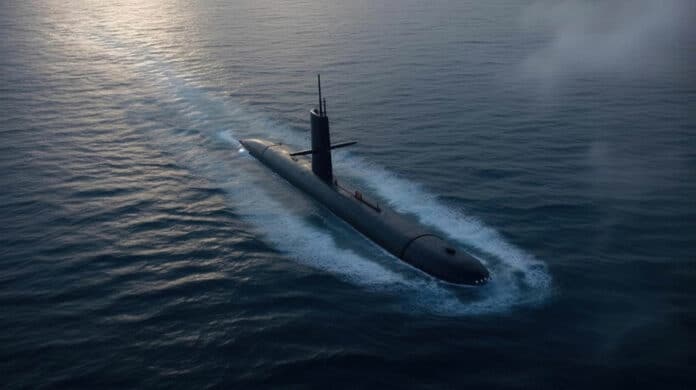Sydney-based quantum tech startup Q-CTRL has partnered with Australia’s Department of Defence to develop quantum sensors that will deliver quantum-assured navigation capability for military platforms.
Reliance on GPS for civilian and military navigation has become a critical vulnerability for governments and private sector organizations worldwide. Existing alternatives to GPS deliver limited benefits. Over time, the guidance system suffers from rapidly accumulating errors that can lead to a vessel being off course by miles after just hours without GPS – enough to steer a ship into an underwater obstacle overnight under poor conditions. This can pose tremendous risks to defense missions.
Quantum-enhanced navigation may be useful for the craft that operates in locations where GPS doesn’t work – like underwater, underground, and deep space – or in wartime contexts where GPS can be disrupted, opening new frontiers for defense operations. It permits long-endurance missions that were otherwise impossible and secure positioning against jamming or spoofing by hostile adversaries.
Q-CTRL is developing a system that uses the quantum physics of atoms to detect motion and small changes in the Earth’s gravitational field, leveraging these signals to enable navigation over extended periods. Quantum sensors provide very reliable outputs because their signals are derived from the fundamental laws of physics, unlike existing mechanical or electrical systems that degrade over time or under different operating conditions.
The use of quantum navigation in a real defense platform can be achieved through hardware design and software reinforcement, which improves performance hundreds of times. According to Q-CTRL, such systems can calculate the position of a submerged boat within a mile (1.6 km) for every 1,000 hours of underwater running.
Q-CTRL is a pioneer in the application of AI-enhanced infrastructure software to improve the operation of quantum hardware. Q-CTRL’s recent groundbreaking results demonstrate that they can ruggedize quantum sensors entirely in software to maintain advantages even in challenging field environments, such as moving platforms subject to strong vibrations.
“From day one, we knew that our specialized expertise in quantum control could unlock totally new applications of quantum technology,” said Q-CTRL CEO and Founder Prof. Michael J. Biercuk. “We’ve shown we can boost the performance of quantum computers and quantum sensors by orders of magnitude – entirely through software. Now we’re pleased to be applying these capabilities to a critical defense mission for Australia.”
